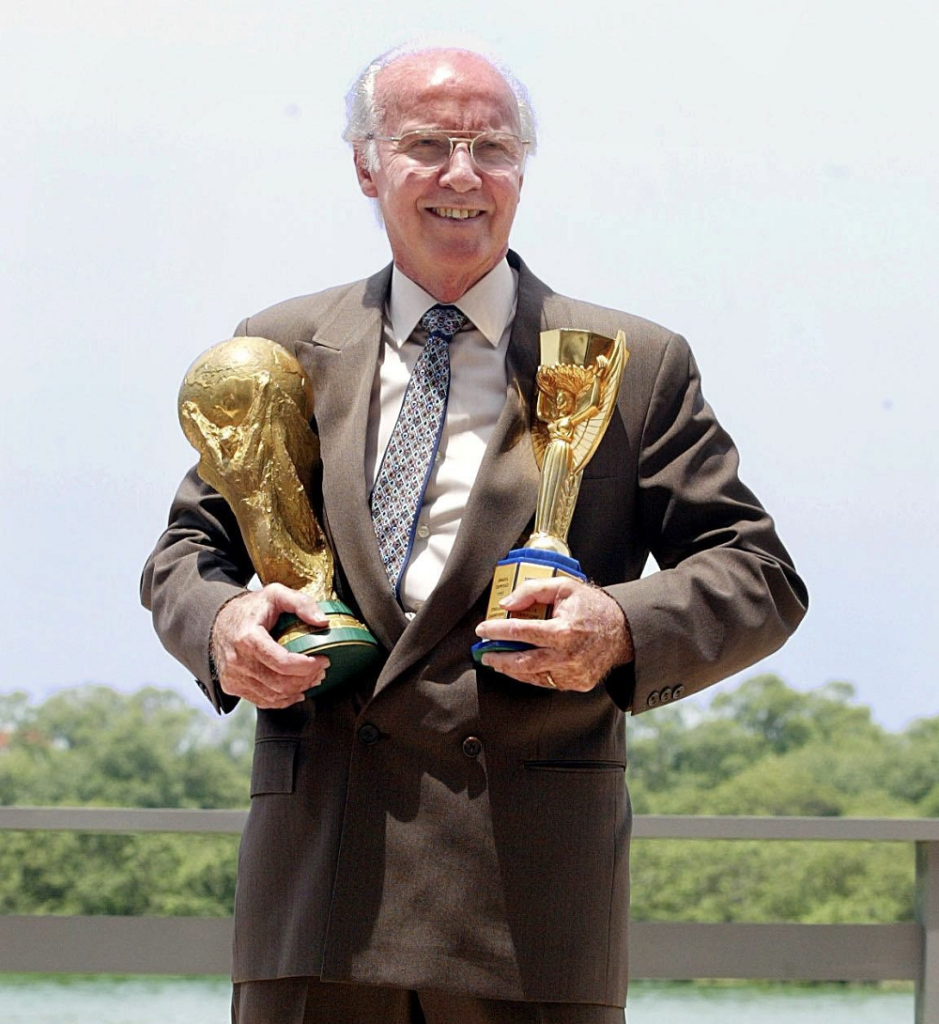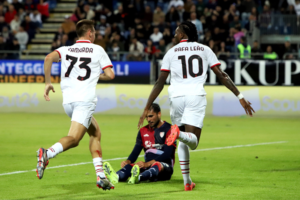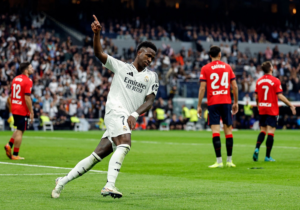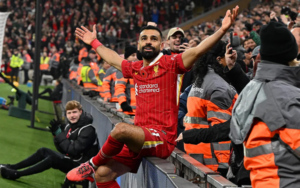
Brazilian football legend Mario Zagallo, renowned as the first person to win the FIFA World Cup as both a player and coach, passed away at the age of 92. The iconic figure played a pivotal role in Brazil’s ascent to global football prominence, leaving an indelible mark on the sport.
Zagallo’s remarkable journey began in 1958 when he played a crucial part in Brazil’s triumph at the World Cup, scoring in the final against Sweden. This victory, Brazil’s first World Cup title, helped heal the wounds from their traumatic defeat to Uruguay in 1950, a moment etched in Zagallo’s memory as a soldier tasked with maintaining order at the Maracana.
Teaming up with legendary players like Pele, Zagallo continued to contribute to Brazil’s success, playing a key role in securing back-to-back titles in 1958 and 1962. His adaptability and commitment, exemplified by his defensive efforts as a left winger, embodied Brazil’s blend of attacking flair and defensive solidity.
Zagallo’s post-playing career saw him excel as a manager, guiding Brazil to victory in the 1970 World Cup in Mexico. Under his leadership, a squad featuring Pele, Carlos Alberto, Jairzinho, and Rivelino showcased a spectacular display, earning Zagallo the title of “The Professor.”
A tireless pursuer of glory, Zagallo’s managerial career extended to both domestic and international success. Notably, he led the United Arab Emirates to victory in the Gulf Cup in 1976 and reached the Asian Cup final the same year. In 1994, Zagallo, alongside Carlos Alberto Perreira, guided Brazil to another World Cup triumph.
Despite falling short in 1998, Zagallo’s enduring influence led to his brief stint as Brazil’s interim coach after their fifth World Cup victory in 2002. Renowned as one of the greatest Brazilian players and coaches, Zagallo’s legacy is celebrated by football enthusiasts worldwide.
His passing marks the end of an era, leaving behind a profound impact on Brazilian football. As the nation mourns, FIFA president Gianni Infantino acknowledges Zagallo’s supreme influence on the sport, describing him as the “godfather of Brazilian football.”






Be First to Comment